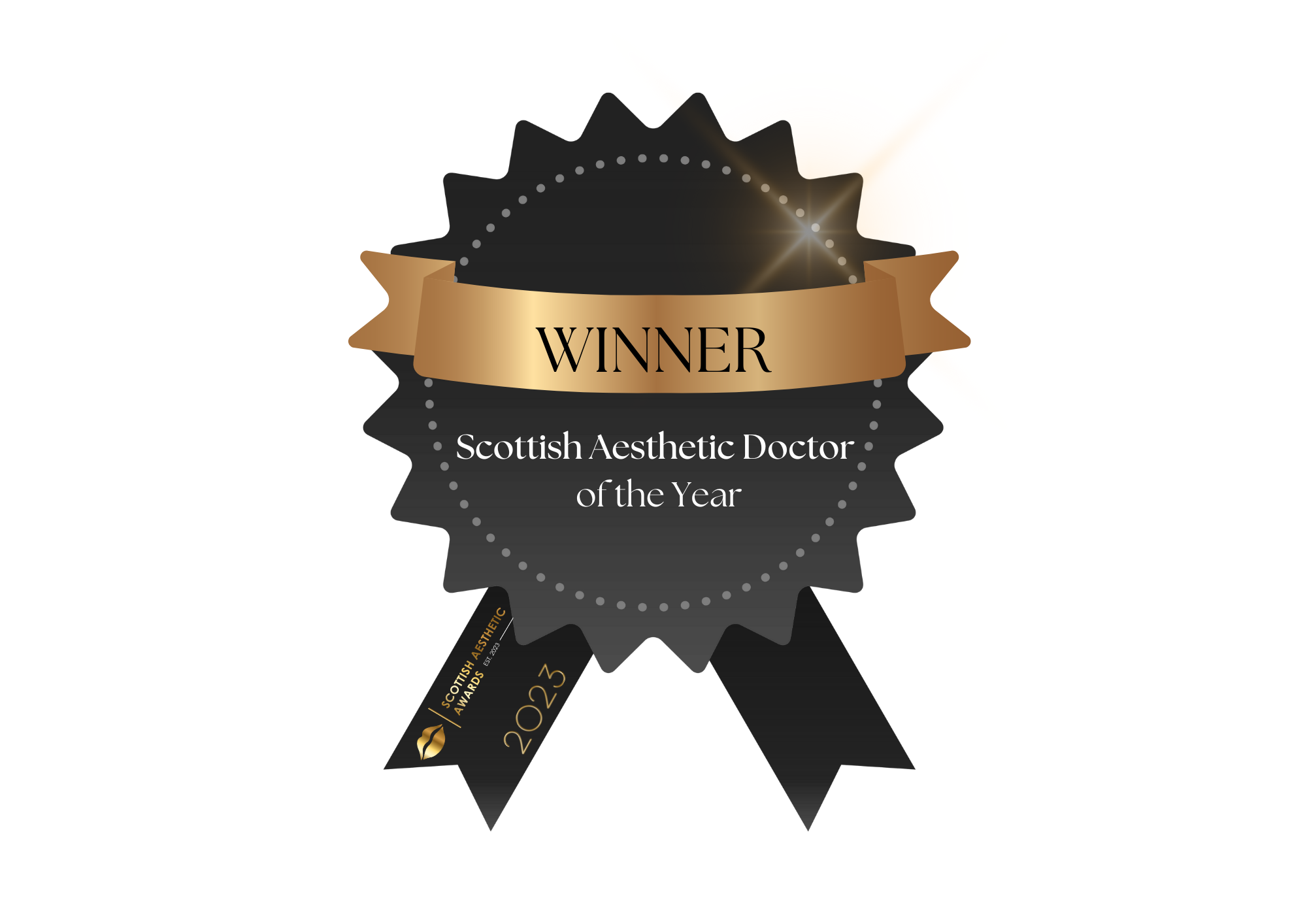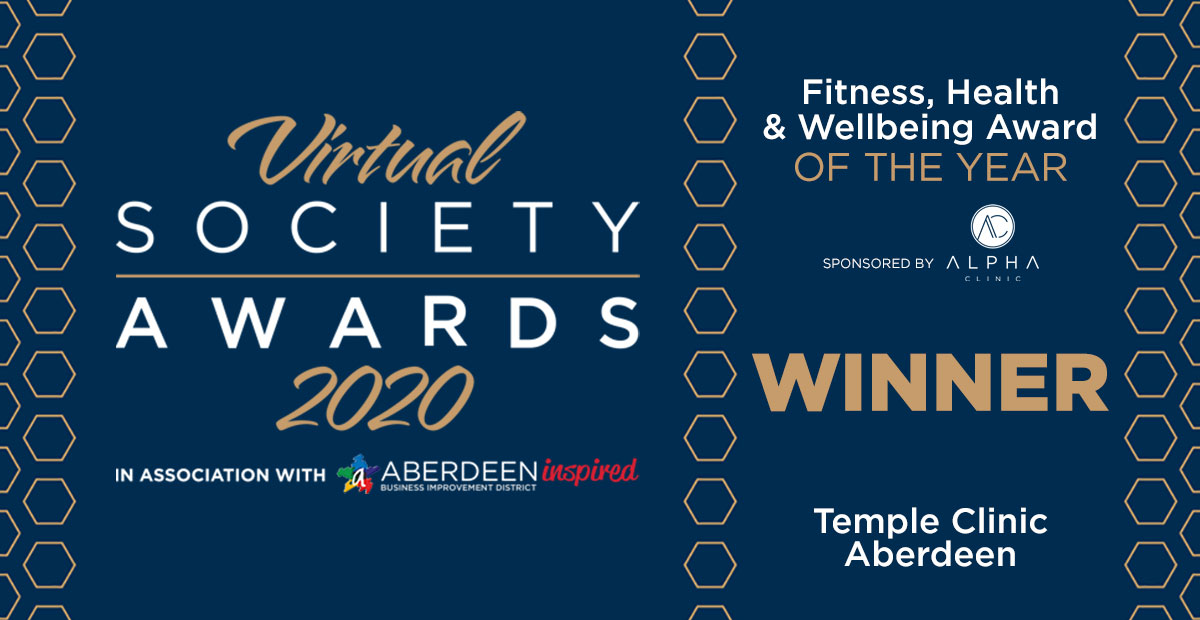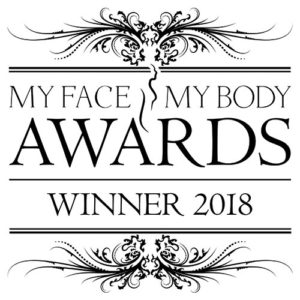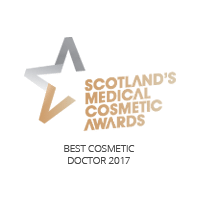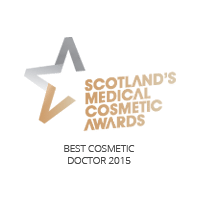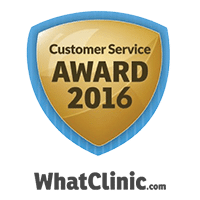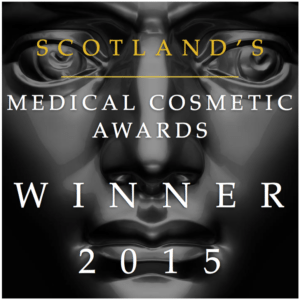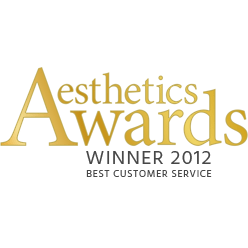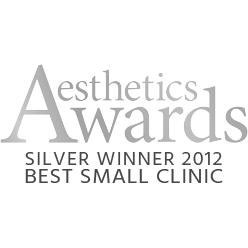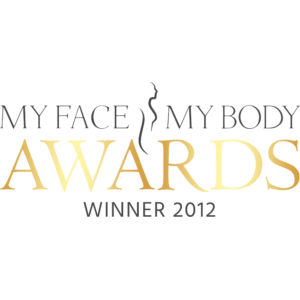How safe is Roaccutane?
Acne is a chronic skin condition that, although more typically associated with adolescence, can affect all age groups and will affect most people at some point in their life – unfortunately for most sufferers, it affects the face and so can be very difficult to disguise.
Although for many people the acne is mild and can be managed with appropriate skin-care and simple lifestyle measures, there are a significant number of sufferers who have severe acne which is resistant to this basic treatment advice.|
It is hardly surprising that when acne is severe and difficult to treat it can be painful and often has a dramatic effect on an individual’s self-confidence and social interactions. Sufferers report feeling judged as unclean and “diseased”, often choosing to isolate themselves because they cannot control this skin condition – and they themselves feel ashamed of their appearance.
Oral isotretinoin (Roaccutane) has been found to be a very successful drug for helping to resolve acne with 95% of patients being clear of spots within 4-6 months.
However, there have been concerns raised again over its safety record having had 10 suicides linked to use in the past year (which is twice that of the previous year). Such are the concerns that the watchdog MHRA (Medicine and Healthcare Products Regulatory Authority) are conducting a new review to see if further regulation over its use is required. Despite the powerful ability to tackle acne, Roaccutane has some serious side effects which can include anxiety, depression, aggression and violence, changes in mood or suicidal thoughts – these can be signs of depression or other mental health issues. The links between depression and Roaccutane have been widely talked about but there has not yet been any scientific study that conclusively proves that Roaccutane causes psychiatric changes or suicidal thoughts.
Given that acne itself can seriously impact on an individual’s mental well-being, it would seem appropriate to consider other effective interventions that are not associated with this sort of risks. There is increasing evidence that blue light therapy can effectively treat acne. The blue light can penetrate the skin more effectively than topical skincare treatments – the particular wavelength of blue light destroys the acne-causing bacteria deep within the skin and thus reduce inflammation and the appearance of spots. As part of a treatment programme which addresses the other causative factors of acne, this devastating skin condition can be brought under control.
Temple Clinic, which has recently been accredited by ARAUK (Acne and Rosacea Association UK) has a dedicated problem skin clinic which specialises in treating acne. Temple Clinic adopts a holistic approach – it combines lifestyle advice along with clinically effective skincare products and treatments which can dramatically improve the health of the skin.
A recent case study, Kirsty (17) says:
“Temple provided me with skincare products and recommended a course of light therapy. Within a couple of weeks there was an obvious difference.
“Every day I notice a difference in my skin from the day before and it amazes me. Looking back at the photos that Temple Clinic took at my first appointment still shocks me and my family. To think how much of an improvement my skin has made in such a short period of time delights me - I honestly never thought this would be possible.”
With acne being a chronic condition, it is obviously important that patients are able to manage their skin away from the clinic- especially if, as can often be the case with young adults, the young student moves away from home and is then living in a more stressful environment.
The typical student diet, pressure of exams and living independently of that parental umbrella of care can cause a flare-up of acne. Although the lifestyle aspects can be considered and effective skincare continued, it is not always practicable to find a clinic that can provide ongoing light therapy.
There has been a dramatic increase in the development of home blue-light devices devised for just this scenario. This means the patient can access effective blue light therapy, using it on a daily basis if and when required.
Faced with such an array of choice it can be difficult to decide which blue light device is best. There are currently pens, masks and LED lamps all offering blue light therapy. Having considered many of the available options, Temple Clinic recommends LUSTRE Solo.
This unique device allows an individual to “get on with their life – whilst treating their acne”. Not only can the patient be sure that the affected skin is being effectively treated for the correct amount of time, the hands-free nature of the device allows them to do other things during treatment.
If you suffer from acne and would like to find out more about the treatment options at Temple Clinic then check out www.templeclinic.co.uk.
